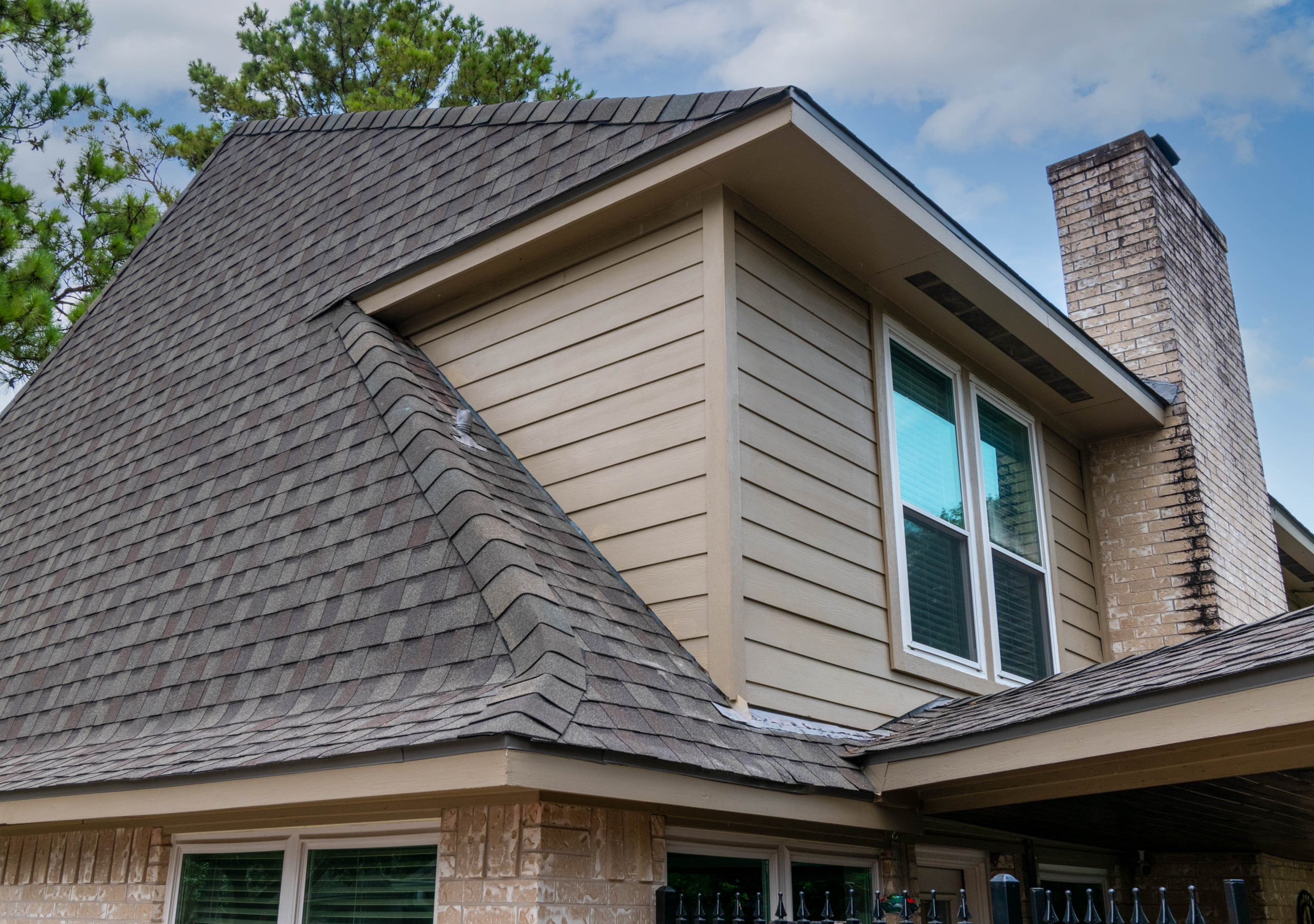When Good Siding Goes Bad: Fixing Contractor Shortcuts with Hardie Trim

Not all siding jobs are created equal—and unfortunately, some homeowners learn that the hard way. This Houston-area home had been re-sided within the last decade using James Hardie fiber cement siding, which should have been a long-term win. But the original contractor cut corners by installing hardboard trim instead of Hardie trim, compromising the integrity of the entire system.
Hardboard trim may save a few bucks up front, but it’s prone to rot, swelling, and failure—especially in Houston’s humid climate. And when trim fails, it doesn’t just look bad—it can lead to water intrusion, mold, and costly repairs.
🔧 What We Did to Make It Right
At Deskins Siding & Exteriors, we specialize in corrective siding work that restores both performance and aesthetics. For this project, we:
- ✔️ Replaced window and vertical trim with matching James Hardie trim for long-term durability and warranty compliance
- ✔️ Removed incorrect roofline trim that was improperly installed and could have led to flashing issues (See the other post about roof flashing)
- ✔️ Ensured all new trim was properly flashed, sealed, and painted to match the existing siding
The result? A clean, cohesive exterior that finally performs the way Hardie intended.
🧠 Why Trim Matters
Trim isn’t just decorative—it’s a critical part of your home’s weather barrier. When contractors substitute wood or hardboard trim to cut costs, they’re undermining the very system they’re installing. James Hardie trim is engineered to work with Hardie siding, ensuring consistent expansion rates, moisture resistance, and long-term protection.
💬 What Homeowners Should Know
If your home was re-sided in the last 10–15 years and you’re seeing rot around windows, vertical seams, or rooflines, it’s worth having it inspected. Even if the siding itself is in good shape, trim failure can lead to bigger problems down the road.
At Deskins, we offer targeted siding repairs that preserve your investment and restore peace of mind—without pushing for a full replacement if it’s not needed.

